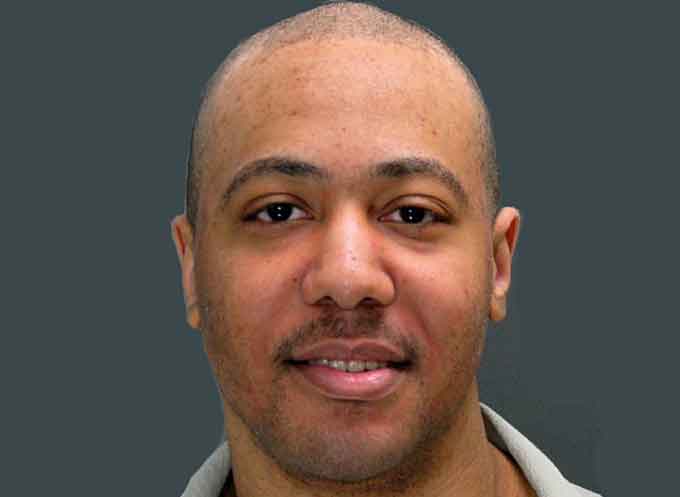
A federal jury convicted Michael Young Jr. and Vance Volious Jr. of dealing drugs and plotting to kill Young’s ex-wife with a mail bomb they bought with bitcoin from the Dark Web’s Alpha Bay Market.
United States Attorney Beth Drake stated that Young, 32, and Volious, 36, both of Columbia S.C., were convicted of conspiracy, transport of an explosive with the intent to kill, mailing a non-mailable explosive with the intent to kill, and carrying an explosive during the commission of another felony.
Judge J. Michelle Childs presided over the trial and will impose sentence after a pre-sentence report is prepared by the United States Probation Office.
Evidence presented at the trial revealed that while incarcerated in the South Carolina Department of Corrections, Young obtained a contraband cellphone smuggled into the Broad River Correctional Institution.
Young used that contraband cellphone to run a drug business distributing marijuana he obtained from a California supplier and from purchases on the Dark Web.
(Learn More about the dangers of contraband cellphones as Bryan Stirling, the director of South Carolina’s Department of Corrections, speaks about the circumstances surrounding the death of seven prison inmates involving contraband cell phones at the Lee Correctional Facility in a riot that took place earlier this month. Courtesy of CBS News and YouTube. Posted on Apr 16, 2018)
Drugs purchased by Young would be shipped to a conspirator’s residence before being picked up by Volious for re-distribution.
While this drug conspiracy among Young, Volious, and others was operating, the conspirators also plotted to kill Young’s ex-wife.
This was not the first time that Young had tried to kill her, as he was serving a fifty-year sentence after having been convicted of attempting to kill her and of murdering her father in an incident in 2007.
Young turned back to the Dark Web on his contraband cellphone looking to purchase a mail bomb.

Young used Bitcoin to pay for the mail bomb to be sent to a conspirator’s residence in Irmo.
He also had re-shipment labels addressed to his ex-wife to be sent to Volious’ house in Columbia.
Co-conspirator Tyrell Fears – who previously pleaded guilty – obtained the labels from Volious, armed the mail bomb, and delivered the inert explosives package to the Post Office in Irmo on June 6, 2017.
After a United States Postal Inspector recovered the mail bomb, search warrants and interviews the next morning led to the federal arrest and indictment of Young, Volious, and Fears.
U.S. Attorney Beth Drake thanked the law enforcement team that worked the case, “This was a particularly challenging operation, and we got a great result because of great policing. ”
“The case certainly brings to bare the very real and dangerous problem that is contraband cell phones in our prisons.”

South Carolina Department of Corrections Director Bryan Stirling lauded the collaborative effort between local, state, and federal law enforcement in this matter and emphasized the escalating threat that contraband cell phones in prisons pose to citizens across South Carolina.
“I would to thank our local, state, and federal partners for working alongside SCDC’s Division of Police Services in this investigation to convictions in this case. ”
“These convictions underscore what I have been saying for years—contraband cell phones in the hands of prisoners pose a significant threat to not only other prisoners and corrections staff but to the general public as well.”

“This conviction was made possible by the coordinated efforts and exceptional work of the FBI’s Joint Terrorism Task Force, all our law enforcement partners and the US Attorney’s Office,” said Alphonso Norris, Special Agent in Charge of the FBI’s Columbia Division.
“Our ability to stop a horrific crime from being committed and dismantle a drug trafficking enterprise speaks to the past and present commitment of the FBI and our partners to come together and devote significant resources for the protection of our communities.”
The case was investigated by the following agencies:
- Federal Bureau of Investigation, Joint Terrorism Task Force
- United States Postal Inspection Service
- South Carolina Department of Corrections’ Division of Police Services
- State Law Enforcement Division
- South Carolina Information and Intelligence Center
- Richland County Sheriff’s Department
- Lexington County Sheriff’s Department
- Irmo Police Department
- USC Division of Law Enforcement and Safety, and the
- Columbia Police Department

















